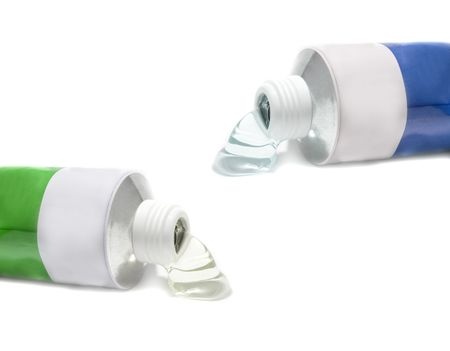Bio-T-Gel

Bio-T-Gel, a testosterone gel manufactured by Teva Pharmaceuticals, may be associated with an increased risk of serious cardiovascular complications, including heart attacks and strokes. Thousands of testosterone lawsuits are now being pursued on behalf of men who allegedly suffered these life-threatening events due to their use of low-T therapy medications.
Bio-T-Gel Lawsuit Evaluations
Men who experienced a heart attack, stroke, pulmonary embolism or deep vein thrombosis while using Bio-T-Gel may be entitled to compensation for their injury-related damages. To learn if you are eligible to file a Bio-T-Gel lawsuit, please call (888) 994-5118 to discuss your case with an attorney at Bernstein Liebhard LLP.
What is Bio-T-Gel?
Bio-T-Gel is a testosterone gel approved by the U.S. Food & Drug Administration (FDA) in 2012. It is indicated for testosterone replacement therapy in adult males for conditions associated with a deficiency or absence of endogenous testosterone, specifically primary hypogonadism (and hypogonadotropic hypogonadism. It is not approved, and has never been proven safe and effective, for the treatment of age-related testosterone deficiency.
Testosterone and Cardiovascular Complications
A growing body of evidence has indicated that the use of low-T therapy, such as Bio-T-Gel, may increase the risk that certain men will experience a heart attack, stroke or other cardiovascular complications:
- November 2013: A JAMA study suggests that use of low-T therapy is associated with a 25.7% risk of cardiovascular side effects, compared to just under 20% for men who were not on the drugs.
- January 2014: A paper appearing in PLoS One reports that men over 65 appear to be twice as likely to have a heart attack if they used low-T treatments. Men younger than 65 were three times as likely to suffer a heart attack if they had pre-existing heart disease.
The FDA has also issued safety alerts regarding testosterone treatments and cardiovascular side effects:
- January 2014: The FDA embarked on a review of low-T therapies amid concerns that the drugs might increase the risk of heart attacks and strokes in certain men.
- June 2014: The FDA mandates that a general warning about venous blood clots be added to the labels prescription testosterone treatments, including pulmonary embolism and deep vein thrombosis. The labels had already included label warnings about blood clots associated with polycythemia, an abnormal increase in the number of red blood cells. Read More
- March 2015: The FDA requires new heart attack and stroke warnings for all prescription low-T therapie Read More
Testosterone Litigation News
- June 2014: A multidistrict litigation has been created for all federally-filed testosterone lawsuits brought on behalf of men who allegedly suffered heart attacks, strokes and blood clots due to their use of low-T therapies. The new litigation will be housed in the U.S. District Court, Northern District of Illinois. Read More
- April 2014: Plaintiffs who have filed testosterone treatment lawsuits over the drugs’ alleged cardiovascular side effects have asked to have all federal cases centralized in a single U.S. District Court. They argue centralization will ensure efficient management of the litigation and avoid duplicative discovery among a large number of cases that involve similar allegations of fact. Read More
Are You Eligible to File a Bio-T-Gel Lawsuit?
You may be eligible to file a Bio-T-Gel lawsuit if you suffered a heart attack, stroke or dangerous blood clot while using this low-T treatment. To learn more about the growing testosterone litigation, please call (888) 994-5118.
- JAMA (2013) “Association of Testosterone Therapy With Mortality, Myocardial Infarction, and Stroke in Men With Low Testosterone Levels” http://jama.jamanetwork.com/article.aspx?articleid=1764051
- PLoS One (2014) “Increased Risk of Non-Fatal Myocardial Infarction Following Testosterone Therapy Prescription in Men” http://journals.plos.org/plosone/article?id=10.1371/journal.pone.0085805
- FDA (2014) “FDA Drug Safety Communication: FDA evaluating risk of stroke, heart attack and death with FDA-approved testosterone products” http://www.fda.gov/Drugs/DrugSafety/ucm383904.htm
- FDA (2015) “FDA adding general warning to testosterone products about potential for venous blood clots” http://www.fda.gov/Drugs/DrugSafety/ucm401746.htm
- FDA (2015) “FDA Drug Safety Communication: FDA cautions about using testosterone products for low testosterone due to aging; requires labeling change to inform of possible increased risk of heart attack and stroke with use” http://www.fda.gov/Drugs/DrugSafety/ucm436259.htm
Get the latest news and litigation updates about this case by following us on Facebook. Click the "Like" button below.
Follow Us


